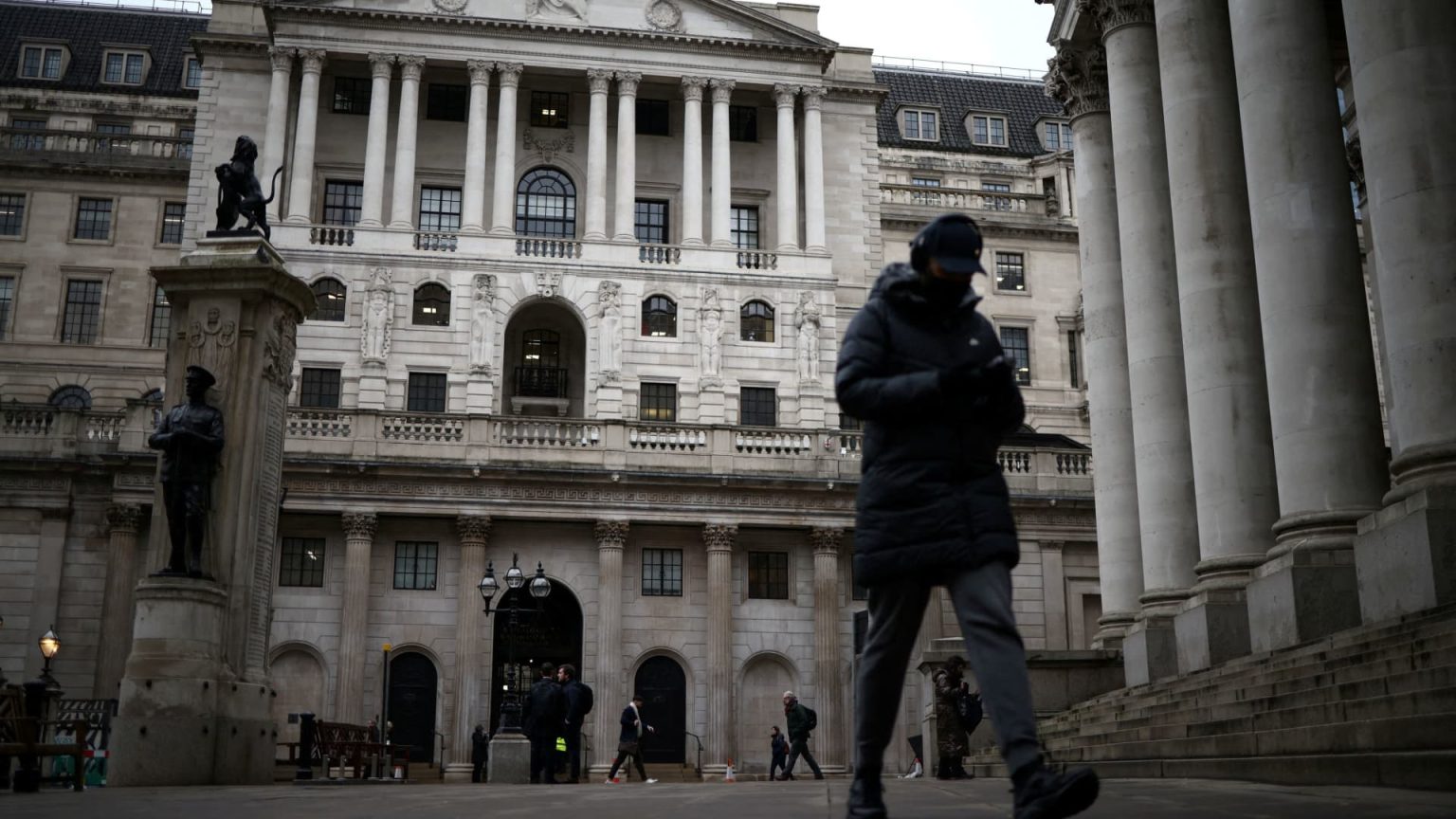LONDON — The Bank of England on Thursday raised its main interest rate by 25 basis points to at 15-year high of 5.25%, a 14th consecutive hike as policymakers strive to rein in inflation.
The Monetary Policy Committee (MPC) voted 6-3 in favor of the quarter-point hike, with two members preferring a second straight 50 basis point increase and one voting to keep rates unchanged.
Market pricing was split roughly 60/40 in favor of a quarter-point hike as of Thursday morning, according to Refinitiv data.
The MPC gave little indication that its tightening of monetary policy was likely to end imminently, vowing to “ensure that Bank Rate is sufficiently restrictive for sufficiently long to return inflation to the 2% target.”
The Bank also updated its inflation forecast and now expects inflation to fall to 4.9% by the end of this year, in a quicker decline than it had anticipated in May. Inflation is expected to reach 2% by early 2025, the Bank said in its accompanying Monetary Policy Report.
During its last meeting in June, the Bank’s Monetary Policy Committee surprised markets with a 50 basis point hike, as inflation in the U.K. was running significantly hotter than across other advanced economies and well above the British central bank’s 2% target.
Prices have since shown signs of cooling, but the MPC is navigating a more complicated picture in the labor market.
Headline consumer price inflation slid to 7.9% in June from a hotter-than-expected 8.7% in May, while core inflation — which excludes volatile energy, food, alcohol and tobacco prices — stayed sticky at an annualized 6.9%, but retreated from the 31-year high of 7.1% of May.
The central bank has been keeping a close eye on the country’s exceptionally tight labor market, but the latest data showed jobs activity softened considerably in May. Wage growth nevertheless remained uncomfortably strong for the Bank, with private sector regular pay growth rising to 7.7% in May.
“Recent data outturns have been mixed. However, some key indicators, notably wage growth, suggest that some of the risks from more persistent inflationary pressures may have begun to crystallise,” the MPC noted in its report.
“The MPC will continue to monitor closely indications of persistent inflationary pressures and resilience in the economy as a whole, including the tightness of labour market conditions and the behaviour of wage growth and services price inflation.”
Read the full article here













